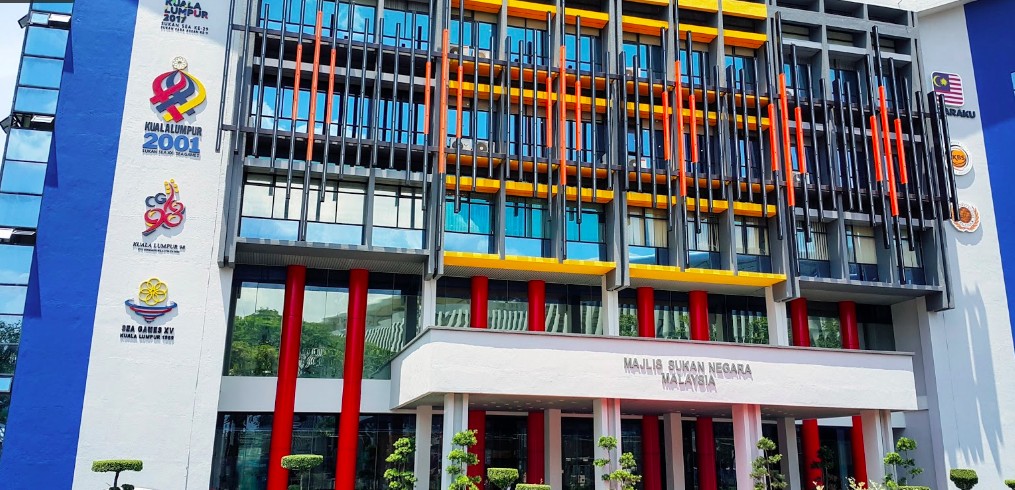Reaching Korean Beauty Standards
South Korea is notoriously known for its hyper complex on outward appearances and cosmetic surgery. The extreme focus on appearance pressures women and men to conform to societal expectations and spend a relatively significant amount of money to undergo cosmetic surgery procedures. The glorification of certain facial and body features can cause individuals to feel ashamed of their natural features, which could lead to lower levels of self-esteem. This is problematic considering that many institutions in South Korea reinforce a uniformed image of beauty is truly an epidemic.
Koreans love light and bright skin. There used to be an old saying that those with darker skin came from poorer families as darker or tanned skin meant they were laborers who toiled out in the sun all day, while fairer or white skin were a sign of the upper class. It’s not quite certain if those past discriminating perceptions still exist today, but still one cannot deny the thousands of skin care products from Korea, such as face mask sheets and creams, which promise to brighten the skin.
Korean skincare and make-up trends flash across social and traditional media, from “zombie” face mask hype and the much blogged “glass skin” trend, to the barrage mask selfies on Instagram, marketing targets the impression that Korean women have flawless skin. This romanticised image is held to be true, not only by K-beauty fans or the beauty bloggers promoting it; it’s an image championed by an industry serving one of the world’s top 10 markets for beauty products.
With posters of perfectly made-up K-pop stars touting CC cushions and clay masks plastered on the walls and websites of cosmetics stores across South Korea, K-beauty would appear to be a cultural phenomenon that is here to stay.
Using every conceivable beauty product, K-beauty experts advocate a highly regimented 10-step routine involving cleansers, toner, serum, masks, moisturiser and more or less a habit than a necessity for many women living in what is a culturally slow to change and highly society devoted.
By Erica Pamela






Comments
Post a Comment